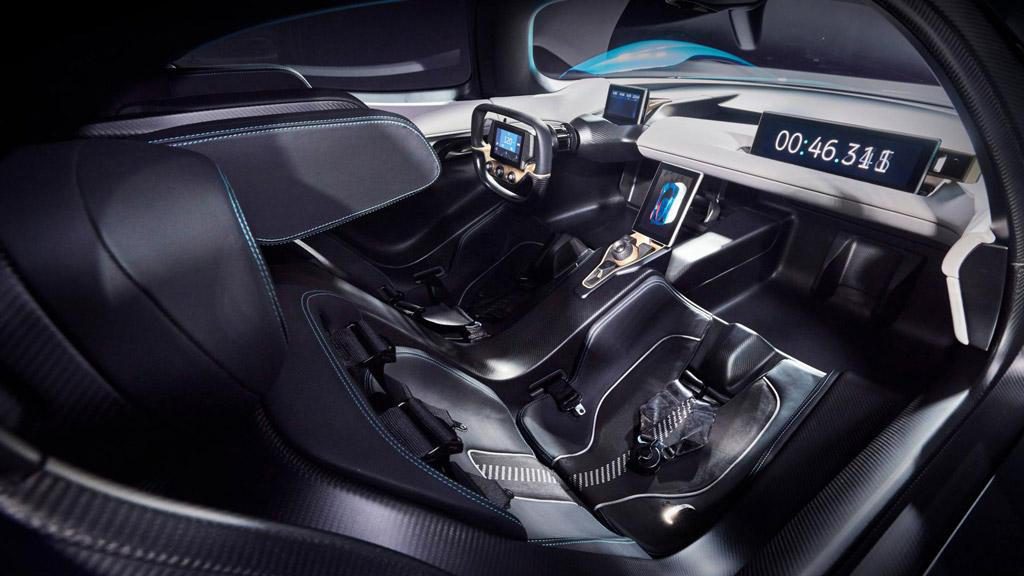
Cardio3 Joins CAR T-Cell Scramble with OnCyte Acquisition, GEN
GEN Exclusives
Fresh Sensors Are Enhancing the Monitoring of Diverse Parameters While Reducing the Need for Extractive Sampling
When Protein Characterization Is Used to Monitor Elusive Proteoforms in Elaborate Biological Samples, It Should Be Seen in Start-To-Finish Terms
Modifications to Histones Affect Gene Expression and Cell Fate Decisions
Predictions for 2017
GEN News Highlights
Cardio3 Joins CAR T-Cell Scramble with OnCyte Acquisition
Cardio3 BioSciences has joined the scramble to develop fresh treatments based on chimeric antigen receptor (CAR) T cells, telling today it acquired OnCyte, the oncology division of Celdara Medical, and OnCyte`s portfolio of immuno-oncology product candidates, led by Phase I-bound CM-CS1.
The deal could generate up to $182 million for seller Celdara–including up to $50 million if CM-CS1 makes it all the way to market, plus another up to $42 million if the other two T cell products go after CM-CS1 to market. OnCyte`s immune-oncology portfolio includes three autologous CAR T-Cell cell therapy products and an allogeneic T-Cell platform, designed to target a broad range of cancer indications.
Cardio3 agreed to pay Celdara $Ten million upfront–of which $Four million will be paid in Cardio3 shares–plus up to $50 million in payments tied to development and regulatory milestones for OnCyte`s lead product, the autologous CAR T-Cell drug candidate CM-CS1.
CM-CS1 is an autologous CAR T-cell therapy which employs NKG2D, a «natural killer» cell receptor designed to target ligands present on most tumor types, including hematologic cancers as well as solid tumors.
Last year, the FDA granted clearance of Celdara`s IND application for a Phase I trial of CM-CS1 in patients with acute myeloid leukemia (AML)/advanced myelodysplastic syndrome (MDS) and numerous myeloma (MM).
In its statement today announcing the OnCyte acquisition, Cardio3 said the company plans to begin enrolling patients during the very first quarter of this year, and expects to accomplish the examine in the 2nd quarter of 2016, with interim data to be reported via the enrolment period. The trial`s enrollment was estimated at twenty one patients by Celdara as of July 29, 2014, according to a posting by the company that day on Clinicaltrials.gov.
In addition, Cardio3 agreed to pay Celdara up to $21 million per product in development and regulatory milestone payments for OnCyte`s two other CAR T-cell programs targeting other cancer cell ligands. Both are in preclinical development.
Celdara also stands to build up up to $80 million in sales milestone payments if net sales will exceed $1 billion, as well as royalties ranging from five to 8%.
OnCyte`s portfolio also includes an allogeneic T-Cell platform designed to enable almost any CAR T-Cell therapy to be made into an «off-the-shelf» product. The platform is based on the engineering of T cells from healthy donors that, in addition to CAR, also express TCR Inhibitory Molecules. These molecules inhibit TCR function permitting the T cells to persist when injected into a patient.
OnCyte`s CAR T-Cell technology is based on research by Charles L. Sentman, Ph.D., director of the Center for Synthetic Immunity and a professor of microbiology and immunity at Geisel School of Medicine at Dartmouth.
Cardio3 said the OnCyte acquisition would position the buyer «at the forefront of the CAR T-Cell space,» and represented a significant step toward its purpose of developing into a global cell therapy leader.
It`s a strategy shift for Cardio3, which until now has focused on advancing its own lead product C-Cure®, which according to the company is the very first and only stem cell therapeutic to use guided stem cells to treat congestive heart failure.
On December Nineteen, Cardio3 announced the enrollment of its two hundred forty th patient less than eighteen months ahead of schedule in its Congestive Heart failure Cardiopoietic Regenerative Therapy-1 (CHART-1) European Phase III trial for C-Cure. CHART-1`s interim futility readout scheduled for the end of March two thousand fifteen and the readout of the utter dataset, a year later, Cardio3 said at the time.
«[The OnCyte] acquisition positions us in a 2nd therapeutic area characterized by significant unmet medical need, while permitting us to leverage our leading cell therapy capabilities to drive the development of this potentially game-changing immuno-oncology technology,» Christian Homsy, M.D., Cardio3`s CEO, said in a statement.
To love more articles like this from GEN, click here to subscribe now!